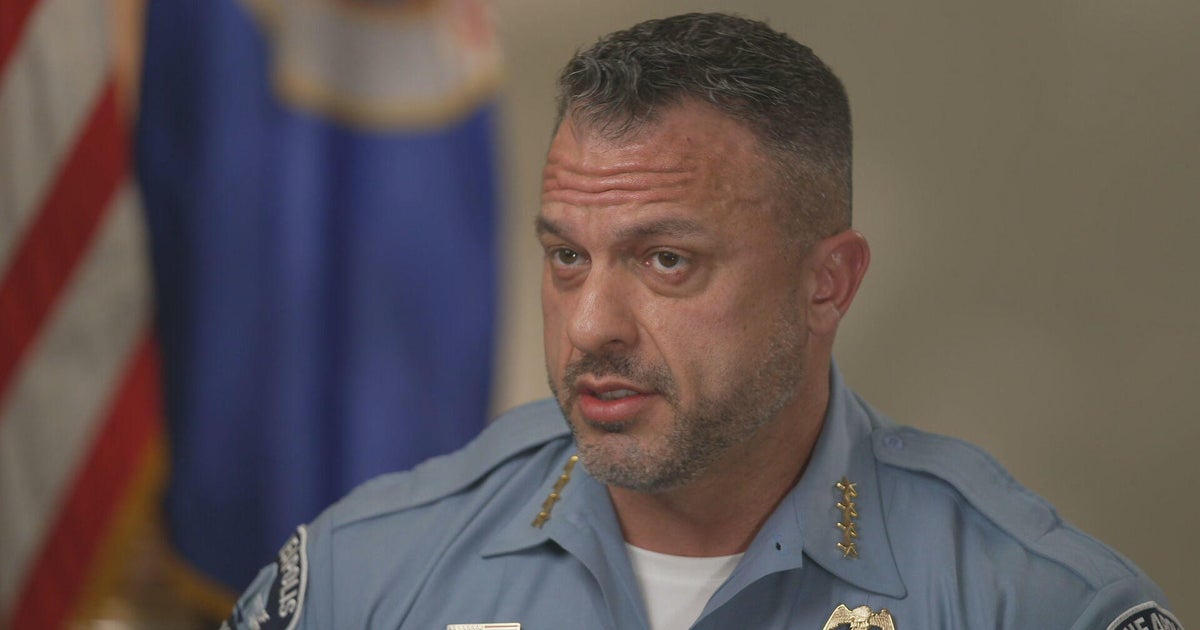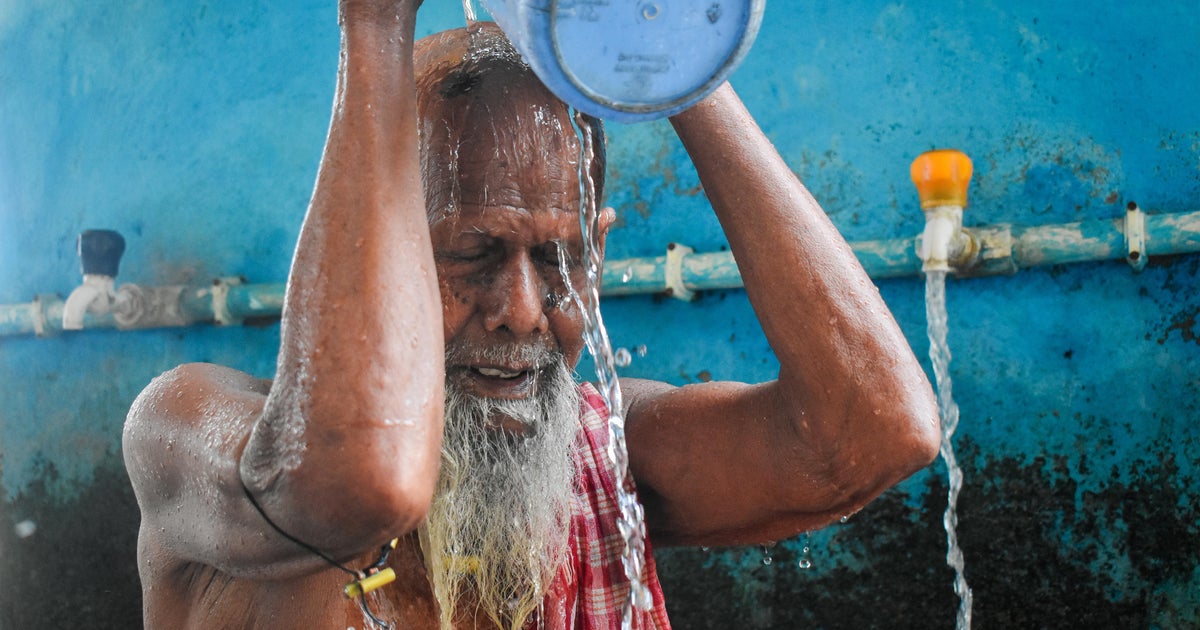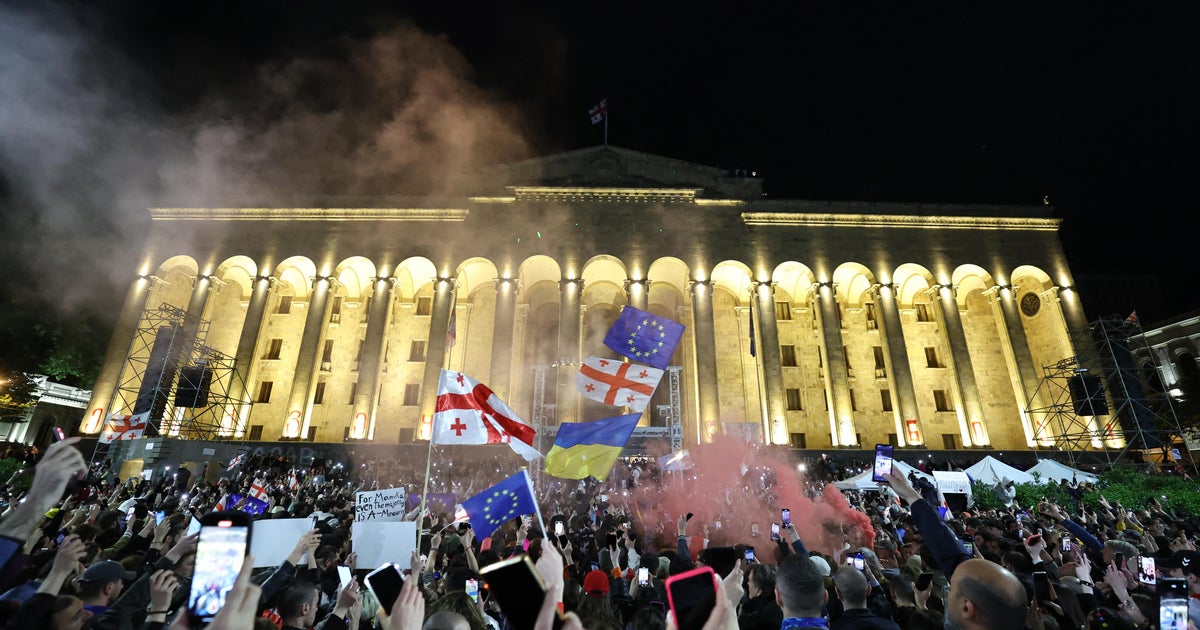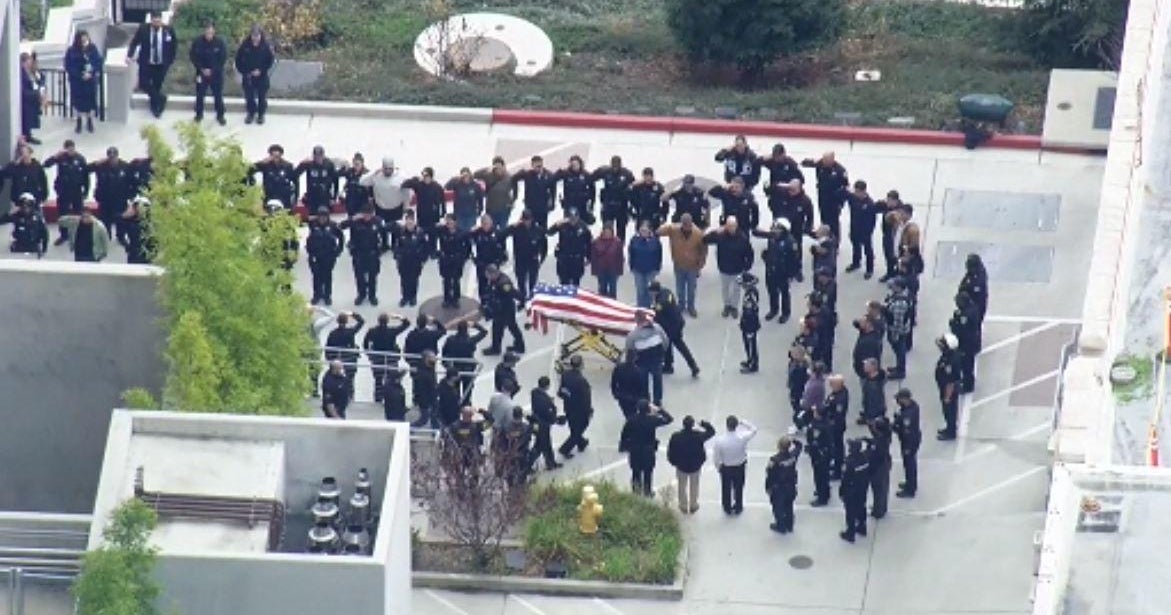Criminal law expert calls for "reimagination" and "dismantling" of current policing in America
Since the death of George Floyd in Minneapolis, people around the country have been calling for changes to policing in America. The call to curb police brutality and end racial injustice is louder than ever in just over three weeks after a police officer performed a knee-to-kneck hold on Floyd for nearly 9 minutes. But for many, the kind of tangible change that is beginning to materialize on Capitol Hill, is too little too late.
"I think what we really need in terms of meaningful change is an entire reimagination of the police function, or an entire dismantling of the current way that policing is done, and a creation of an entirely new model," Professor at American University Washington College of Law and criminal law expert Angela Davis told "Face the Nation moderator Margaret Brennan in an interview this week. "The entire police function in this country has been built on this model of using force unnecessarily," she explained.
The death of Floyd and other black Americans at the hands of police has also sparked calls to defund or abolish the police. With some Americans expressing concerns over the growing calls, Davis explained what many in the movement want is for the funding that's currently going into police departments to be diverted "to non-law enforcement individuals, social workers, mental health experts, violence prevention activists, people who know how to train and prevent violence" so trained individuals can deal with community-based problems without law enforcement involved.
Examples of this kind of change are already starting to happen at local levels. The Los Angeles City Council is moving forward with a proposal that would cut the LAPD's budget by 90% and allocating those funds to social services, such as mental health and housing.
While police are important to the criminal justice process, Davis says "they can bring the person to the courthouse door. That's it." She says prosecutors are the most powerful figures in the criminal justice system.
"The prosecutor is the person who decides whether that person's going to be charged with a crime and what that charge will be. And that is a tremendous amount of power and discretion. They can decide that they want to charge a person," Davis says. "And so you can see how, when they make those decisions, they might give one person a break and not give another person a break. They can create disparities when they do their job, and oftentimes those disparities break down along race and class lines."
Both state and local prosecutors are elected officials who run for office every four years. "Most people don't pay attention to those races, but they're extremely important because that's when the people have the power to hold prosecutors accountable," Davis explained.
Davis noted that prosecutors can play an instrumental role in bringing charges against those officers who contribute or had a hand in the deaths of many black and brown Americans -- and, more often than not, are rarely charged.
"It's very easy for prosecutors to bring charges. They charge people every day in courtrooms. They have that tremendous charging power. They have total discretion about whether to charge a person and what the charge should be," she said. "I think part of the problem is because there is a cozy relationship between prosecutors and cops. Prosecutors need cops to make their cases. They investigate their cases, they're their witnesses in the grand jury and in trials. They work with police officers all the time. They're part of the same team."
While Davis says protests on police brutality and racial inequities are nothing new, she's hopeful the current moment will bring about meaningful change.
"I think the protests are extraordinary and unprecedented, where we have people all over the country and people of all races and all backgrounds and people all over the world, quite frankly, really demanding at this point that there be real meaningful change. And I think, quite frankly, it is, sadly, because they saw that videotape of George Floyd being murdered before their eyes," said Davis.
"I think it kind of struck a chord with people all over the world."



